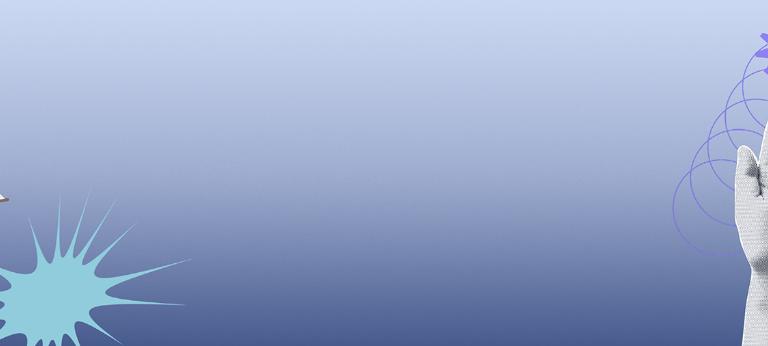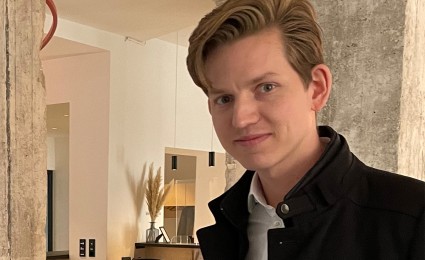

Doreen, Consultant
Engineering
"I decided to choose a job that would allow me to see various industries and various business fields at once – consulting."
What educational/academic background do you have?
I am an industrial engineer with a focus on mechanical engineering.
Why did you decide to go into consulting?
In the course of finishing my master's degree I realized that I didn't want to pick a specific business field or industry yet. So, I decided to choose a job that would allow me to see various industries and various business fields at once – consulting.
How can you use your skills at Roland Berger?
My studies came with a high level of interdisciplinarity – that helps me now in my day-to-day work supporting clients facing challenges of various types.
What did you learn that you will never need here?
There are quite a few disciplines out of the mechanical engineering courses at university that I learned but will probably never use in consulting. Numerical calculations being one of them; here we learned how to do the mathematical calculations that programming algorithms used in CAD software are based on, including pen-and-paper calculations of zero-dimensional volumes – sounds weird but indeed exists. (Luckily) I was able to not only calculate the basis of a CAD software but also use one to design and model a miniature robot in my bachelor's thesis. As part of my basic internship, I also learned how to mill, turn, drill and solder and – not to be neglected – how to calculate the feed rate of a CNC milling machine.
Which of your skills from your background makes your consulting life easier?
Definitely solving problems with an interdisciplinary approach by not only evaluating challenges from a business perspective but also from the perspective of engineering, humanities and social studies. Also quite helpful are the industrial engineering basics for quality assurance.
What did you want to be as a child and what would you love to be today if you weren't a consultant?
As a child, back in the day, I really wanted to be a farmer – I really love animals. I even ended up doing my school internship in a zoo, which was, overall, a really great experience – feeding giraffes, rhinos, hippos, and seals out of my hand – but of course the job also included hard and less pleasant work. Today, I would probably stick to a job in the economy, e.g. roll out strategy plans and design an innovation strategy for a corporate. Alternatively, I would also consider going back to university to work in research on innovation.
What has been your favorite moment/project since you joined Roland Berger as a consultant?
One of my first and favorite projects at Roland Berger was the definition of an investor strategy for an Urban Air Mobility startup, including the development of an investor presentation and elaboration of the startup's USP. With my background in technology & innovation management as well as mechanical engineering, it was highly interesting to see theory transferring into reality.






